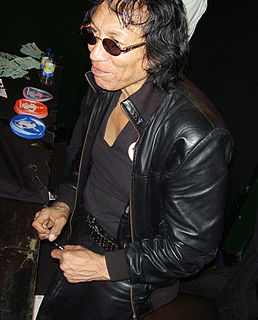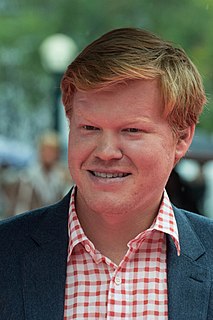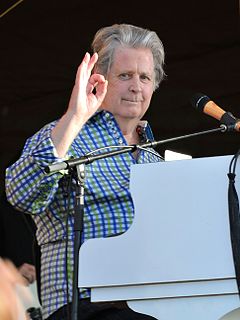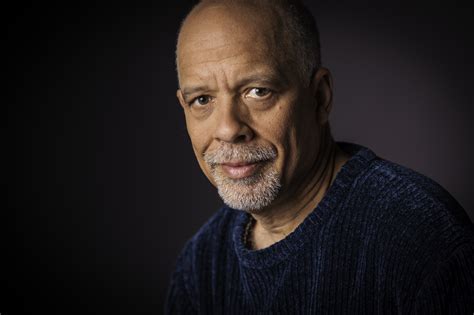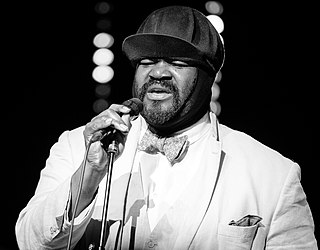A Quote by Sixto Rodriguez
Related Quotes
We thought that using rap would draw a parallel with the protest music from the 60s and 70s that we found through the research for animadoc. When we thought about rap, Emicida immediately came to mind and we decided to call him to create this song bring the audience back to earth and put their feet on the ground. Emicida's song is the only one that has lyrics in actual understandable Portuguese.
